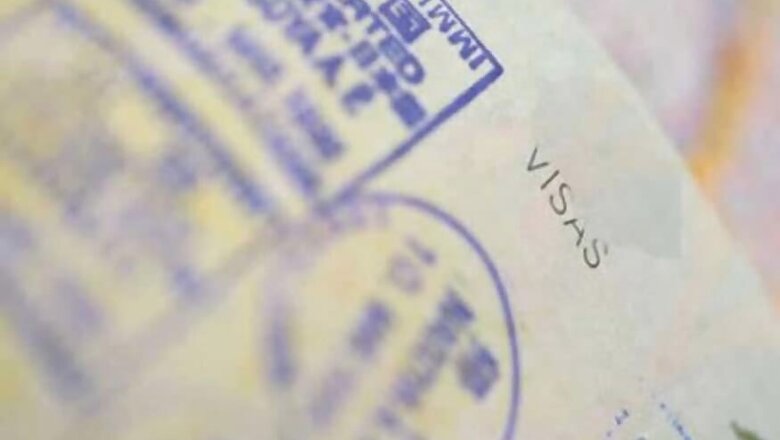
views
London: The UK government is all set to double the immigration health surcharge (IHS) from December, which will increase the overall visa fees for the citizens, students, professionals and family members from non-European Union countries, including India.
The IHS, introduced in April 2015, will rise from 200 pounds to 400 pounds per year, with the discounted rate for students increasing from 150 pounds to 300 pounds, the UK Home Office said, as the proposal announced earlier this year was put before Parliament this week.
The move is expected to raise an estimated 220 million pounds in extra funding for the state-funded National Health Service (NHS). The surcharge allows anyone in the UK on a work, study or family visa for longer than six months to access NHS services in the same way as UK citizens.
"Our NHS is always there when you need it, paid for by British taxpayers. We welcome long-term migrants using the NHS, but the NHS is a national, not international health service and we believe it is right that they make a fair contribution to its long-term sustainability," UK immigration minister Caroline Nokes said.
"It is only fair that people who come to the UK make a contribution to the running of the NHS, and even with the increase we still continue to offer a good deal on healthcare for those seeking to live in the UK temporarily," she said.
The hike will come into effect in December following parliamentary approval and the minister said the government was step closer to implementing the changes to the health surcharge with the proposal being tabled in the House of Commons on Thursday. "The extra money raised will go directly towards sustaining and protecting our world-class health-care system," Nokes said.
The health surcharge is payable by nationals from non-EU countries, including India, if they are seeking to live in the UK for six months or more, or to extend their stay. The payment is made at the time the immigration application is made and is payable until such time as the person is granted indefinite leave to remain (ILR) in the UK, or returns to their own country at the end of their visa period.
The government said that since the surcharge was introduced in 2015 it has raised over 600 million pounds, which the UK's Department of Health and Social Care (DHSC) and the health ministries in Scotland, Wales and Northern Ireland have invested back into their health budgets.
The planned hike is aimed at better reflecting the cost to the NHS of treating those who pay the surcharge, as the DHSC estimates that the NHS spends 470 pounds on average per person, per year on treating those required to pay the surcharge.
The hike in the surcharge would not affect permanent residents, who are not required to pay the surcharge, and certain vulnerable groups such as asylum seekers and modern slavery victims are also exempt. Short-term migrants, including those on visitor visas, are charged differently for secondary care treatment by the NHS at the point of visa access.




















Comments
0 comment